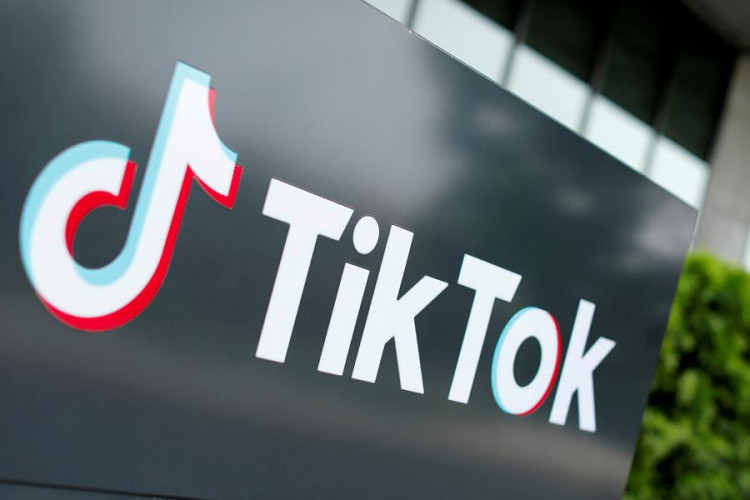In a move that has garnered national attention, Montana's decision to ban the popular video-sharing app TikTok is now under judicial review. U.S. District Judge Donald Molloy of Missoula is set to hear arguments from both TikTok and five Montana-based content creators who are challenging the state's decision. The primary contention is the potential infringement on free speech rights and the economic implications for local businesses that rely on the platform.
Montana's decision to ban TikTok, which is slated to take effect on January 1, 2024, was based on concerns regarding user data privacy. The state argues that the Chinese government could potentially access user information from TikTok due to its parent company, ByteDance, being headquartered in Beijing. This move made Montana the first U.S. state to impose a complete ban on the app.
However, TikTok and the content creators argue that the ban is a violation of free speech rights and could have detrimental economic consequences for those who use the platform for business. In their court filings, TikTok stated that Montana's law was based on "unsubstantiated allegations." They further argued that the state could have opted for less drastic measures, such as mandating data collection limits or requiring parental controls, instead of a complete ban.
The broader international context cannot be ignored. Western governments have long expressed concerns about TikTok, fearing that the platform could be used by the Chinese government to gather sensitive data or spread misinformation. Chinese legislation does permit the government to direct companies to assist in intelligence collection.
TikTok, which is currently in negotiations with the U.S. federal government regarding its operations in the country, has consistently denied these allegations. Despite their denials, concerns persist. A report from the U.S. State Department last month alleged that ByteDance, TikTok's parent company, has been actively seeking to suppress critics of the Beijing government, even those outside China. The report cited evidence from 2020 that ByteDance maintained an internal list of individuals who were restricted or banned from its platforms, including TikTok, for advocating issues sensitive to the Chinese government, such as Uyghur independence.
While Montana's move is unprecedented at the state level, it's worth noting that over half of U.S. states and the federal government have already prohibited the use of TikTok on official devices. TikTok has labeled these bans as "political theatre" and argues that additional restrictions are unwarranted given the measures they've taken to safeguard U.S. user data, including storing it on Oracle servers.
The Montana legislation was introduced following an incident where a Chinese spy balloon flew over the state. The proposed law would not only prohibit TikTok downloads but would also impose a fine of $10,000 per day on any entity that offers access or downloads of the app within the state. Notably, individual users would not face penalties.
Several organizations, including the American Civil Liberties Union, its Montana chapter, and the Electronic Frontier Foundation, a digital privacy rights advocacy group, have expressed support for TikTok's challenge. On the other hand, 18 attorneys general from predominantly Republican-led states are backing Montana's decision, urging the judge to let the law take effect.
As the legal battle unfolds, the broader implications for digital privacy, free speech, and international relations remain at the forefront of the debate.






